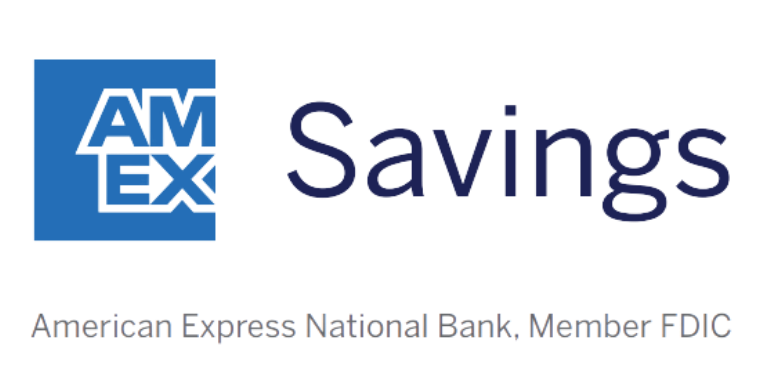CDs (certificates of deposit) may not be the most exciting investment, but they are relatively safe. But between rising inflation and the Fed recently dropping the benchmark interest rate, you might be wondering if they are even worth buying right now. The answer is yes. Maybe. It depends.
In general, CD rates remain a solid, steady investment choice. But it also depends on how much you put in them, along with your overall investment strategy. Here’s what you really need to know about CDs right now.
CDs are currently net positive against inflation (but barely)
CD rates have dropped, but on average, are higher than inflation. In September 2024 (the most recent month we have data for), the U.S. inflation rate was 2.4%. While CD rates vary based on the length of the term and which bank you use, the average is sitting around 4.5%, with some short-term rates as high as 5%. Which means, if you’re looking for a place to protect your money from inflation, CDs are a solid choice.
Let’s take an example: if you invest $5,000 in a 12-month CD earning an APY of 3.75%, at the end of the term, you’ll have $5,187.50. With inflation at 2.4%, the purchasing power of your original $5,000 would only decrease. Which means, your CD investment not only protects your money from inflation but also provides growth, however modest.
Our Picks for the Best High-Yield Savings Accounts of 2024
|
American Express® High Yield Savings 
APY 4.10%
|
APY 4.10%
|
Min. to earn $0 |
|
Capital One 360 Performance Savings 
APY 4.10%
|
APY 4.10%
|
Min. to earn $0 |
|
CIT Platinum Savings 
APY 4.70% APY for balances of $5,000 or more
Min. to earn $100 to open account, $5,000 for max APY
|
APY 4.70% APY for balances of $5,000 or more
|
Min. to earn $100 to open account, $5,000 for max APY |
Comparing CD rates? Check out our selection of some of the best CD rates available now and open one today.
Considering your other options: HYSAs and brokerage accounts
CDs often get a bad rep for being boring. And while they aren’t as exciting (or as risky) as penny stocks and don’t have the growth potential of index funds, there’s something to be said for protecting at least some of your cash from market fluctuations. If CDs don’t fit your investment strategy, there are two other traditional savings options: high-yield savings accounts (HYSAs) and brokerage accounts.
If you choose a HYSA, you can withdraw your money at any time. Unlike CDs, you won’t have to wait for the term to expire. HYSAs held at most banks are FDIC insured, which means up to $250,000 (per depositor, per account ownership category) is insured by the federal government, even if the bank shuts down. HYSA rates are also a bit higher, ranging between 4.10% and 5.30% currently for the accounts on our curated high-yield savings account list.
Brokerage accounts do leave your money at risk of market fluctuations. While the S&P 500 had an overall return rate of around 10% over the last 50 years (or 6.8% accounting for inflation), that can change — and past performance doesn’t guarantee future returns. But investing in stocks generally (but not always) results in higher returns than a CD.
Here’s the difference in growth over time starting with $10,000:
| CD growth (3.8% assumed interest) | Investment growth (10% assumed growth) | |
|---|---|---|
| 5 years | $2,088.87 | $6,453.09 |
| 10 years | $4,614.07 | $17,070.41 |
| 20 years | $11,357.10 | $63,280.74 |
Data source: Author’s calculations.
Your final balance for a CD after 20 years would be $21,357.10, while investing the same $10,000 in the stock market (assuming 10% average return) would result in a final balance of $73,280.74. That’s a pretty significant difference.
Consider a balanced approach
If your money is currently sitting in a traditional savings account, earning less than 1% interest, you’re losing buying power to inflation. CD rates right now are higher than inflation and protect your investment from market fluctuations, making them a better choice than a traditional checking or savings account.
But you may earn higher interest rates in other investments. Consider taking a balanced approach and keep some money in CDs, some in high-yield savings accounts, and some in brokerage accounts. That way, you’re protected from inflation and lower your overall risk.
HYSAs are ideal for funds you might need in the near future, like your emergency savings. Use brokerage accounts for long-term investments, like for retirement or long-term wealth preservation.



